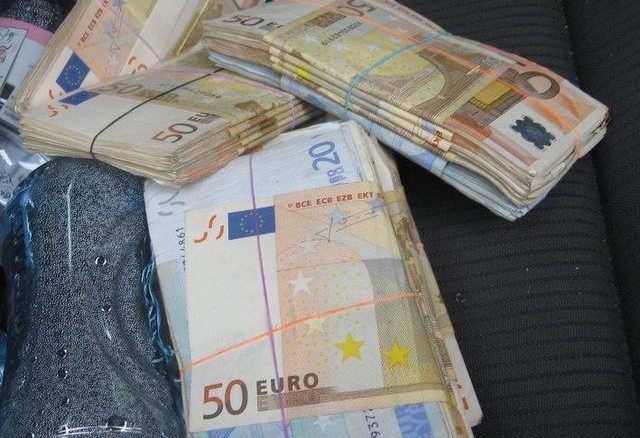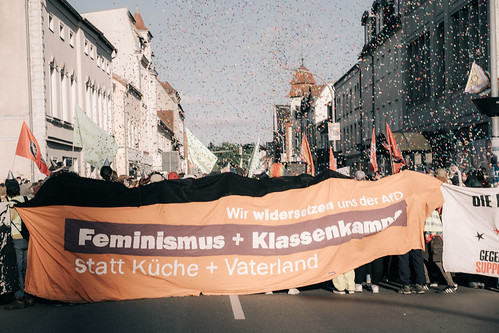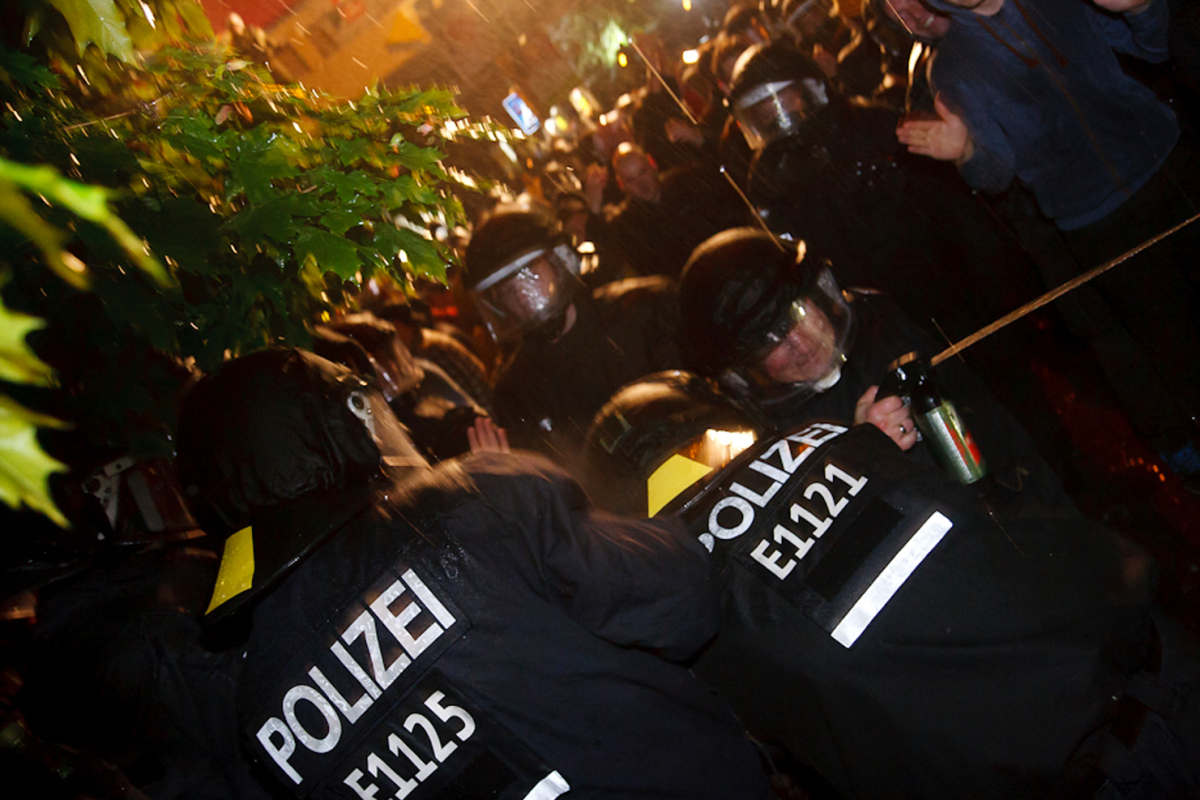Private donors regularly shell out huge amounts of cash to support the growth of far-right parties, for a number of reasons. To understand a party’s true affiliations and aims, it is necessary to uncover its donors, and in the case of Germany’s AfD, this monetary trail leads deep into a world of luxury hotels, billionaires, aristocrats, and ultimately, layers of financial and political corruption.
The most notorious AfD funding scandal was the 2018 ‘Spendenaffäre’. German-Swiss billionaire Henning Conle – who owns a significant amount of real estate in London, including high-end department store Liberty’s – was found to have anonymously donated €132,000 to the election campaign of current party leader Alice Weidel. He did this via a small Swiss firm, something illegal under German law, as donors must declare their identity for any amount exceeding €500. The party was fined over €500,000 for this, and was forced to return the donation.
Conle is notoriously low-profile, despite his extensive property empire and involvement with numerous businesses, so why donate to the AfD? It stands to reason that billionaires and investors would support far-right parties, from a purely pragmatic standpoint. The AfD are staunchly supportive of free market economics and tax cuts, as well as being critical of state intervention and financial regulation. It’s typical populist hypocrisy; claiming to be anti-elite, and fighting for the average citizen, whilst fostering an economy that is conducive to corruption for the benefit of the ultra-wealthy.
Henning Conle has also been linked to the British Tory party, demonstrating that the links between right-wing parties on an international scale are rarely overt or official, but rather weaved together through donors, investors, and the flow of money. A company registered under his name donated £50,000 to the Carlton Club; a members club in St James’s that was the founded as the home of the Conservatives, and continues to make large donations to the party. When it comes to dark money, it seems all roads lead to London – largely considered the money laundering capital of Europe.
There are allegations that Conle was donating on behalf of Russian investors (though his representatives have denied this), something that wouldn’t be far-fetched, given the AfD’s well-documented ties to Russia. Former AfD spokesperson Frauke Petry was criticised for attending meetings in Moscow with politicians close to Vladimir Putin, as well as Russian ‘ultra-nationalists’, and there has been significant concern regarding Kremlin interference in German elections.
The AfD’s criticism of German military funding for Ukraine is reason enough for Russian politicians to have a vested interest in their success. But their ties go deeper; their rejection of EU sanctions placed on Russia following the 2022 invasion would be hugely beneficial for businesses looking to export to German and European markets. There is also the idea of shared values between Putin’s vision for Russia, and the AfD’s for Germany; traditional families, strict immigration policies, staunch nationalism. Yet, how much weight do ‘values’ actually hold when it comes to geopolitics? Money is a far more powerful force.
Another rumoured donor to the AfD was billionaire August von Finck Jr, who was known to have supported far-right and libertarian parties for decades. In fact, the von Finck family has a long history of far-right involvement; his grandfather, August von Finck Sr, was an infamous banker during the Nazi era, and worked closely with Hitler.
Von Finck Jr indirectly funded the AfD-affiliated political newspaper “Deutschland Kurier”, and was involved with a gold trading enterprise, whose profits were used to help found the AfD back in 2013. He also reportedly donated around a million euros to the conservative ‘Bürgerkonvent’ project, which was run by current-AfD politician Beatrix von Storch, before it was disbanded in 2015. (Incidentally, von Storch was also from a notorious German aristocratic family; the House of Oldenburg, from which the UK’s King Charles III is descended.)
The threads connecting politicians, investors and aristocrats across Europe is enough to make anyone sound like a conspiracy theorist. Investigations to expose secret donors and corruption are more vital than ever, especially now that there is so much at stake. The far-right’s significant gains across Europe in June’s EU elections mean there is an increasing amount of influence on the market for those who can afford it, and for those with the means to cover their tracks.




